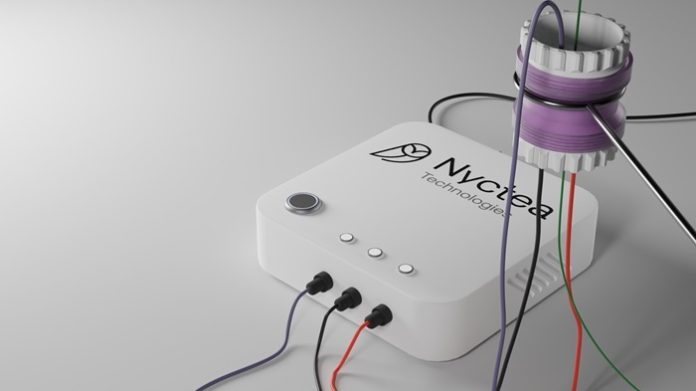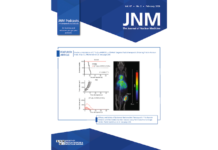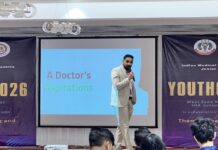
Swedish deeptech and medtech startup Nyctea Technologies is gearing up toward market expansion with its patented biomolecular purification technology. A spinout from Chalmers University and backed by Chalmers Ventures, Nyctea Technologies has managed to commercialize its technology for the pharmaceutical industry in just four years. Earlier this year, the company announced its research collaboration with AstraZeneca, and is now looking for more pharmaceutical pioneers to join its mission to bring affordable medication to the market faster and more safely.
In manufacturing medicines, the purification process to remove impurities is essential to minimize safety issues and maximize product yield to keep medicines affordable. The current method for purification, chromatography, is decades old, and it utilizes invasive chemicals that are inefficient and might destroy the beneficial parts of the medication. Purification is a massive roadblock for innovation, as it accounts for 60-80% of the overall manufacturing costs.
Instead of chromatography resin and harsh chemicals, Nyctea has innovated a new way to tackle impurities with proprietary soft electric signals combined with electrodes and digital solutions, making the process up to 700% more efficient.
“While I was working on my PhD at Chalmers University, together with my research team, we found this technology almost by accident. I had never imagined being an entrepreneur, but we quickly realized that we had technology in our hands that could make a true change in how fast we can innovate new medicines to help billions of patients suffering from different cancers or autoimmune diseases,” says Gustav Ferrand-Drake del Castillo, founder and CEO of Nyctea Technologies.
The need for new medication, especially in cell and gene therapy, is rapidly growing. As the world faces a growing burden from different cancers, and with the aging population suffering from a variety of diseases, such as Alzheimer’s, bringing new solutions to patients and allowing quick innovation cycles are critical. Also, according to WHO, cancer deaths in particular are more common in countries with lower human development index (HDI). For countries with lower income and HDI levels to tackle growing cancer patient numbers, more affordable medication plays a major role.
“Pharmaceutical companies are doing their best, but it’s always a big gamble for them: when new medicines are developed, only one out of ten will become a success. For them to be able to invest even more into R&D work, we need to make sure that the manufacturing process is safe, reliable, and efficient. If medication is affordable and easily accessible, we can stop human tragedies from happening, gap global inequalities, and democratize medication,” says Ferrand-Drake del Castillo.
Nyctea Technologies already has paying customers in the pharmaceutical industry and is now looking for the next growth stage with strategic investors and new R&D partners who would be open to testing the company’s technology in their medical manufacturing processes.
“Nyctea Technologies is a great example of the kind of unique innovation that has the potential to impact millions of people is cooking in universities. We at Chalmers Ventures are extremely excited that after only four years of spinning out of university, Nyctea Technologies has paying customers and is collaborating with the global pharmaceutical leaders,” says Pontus Ottosson, CEO of Chalmers Ventures.








